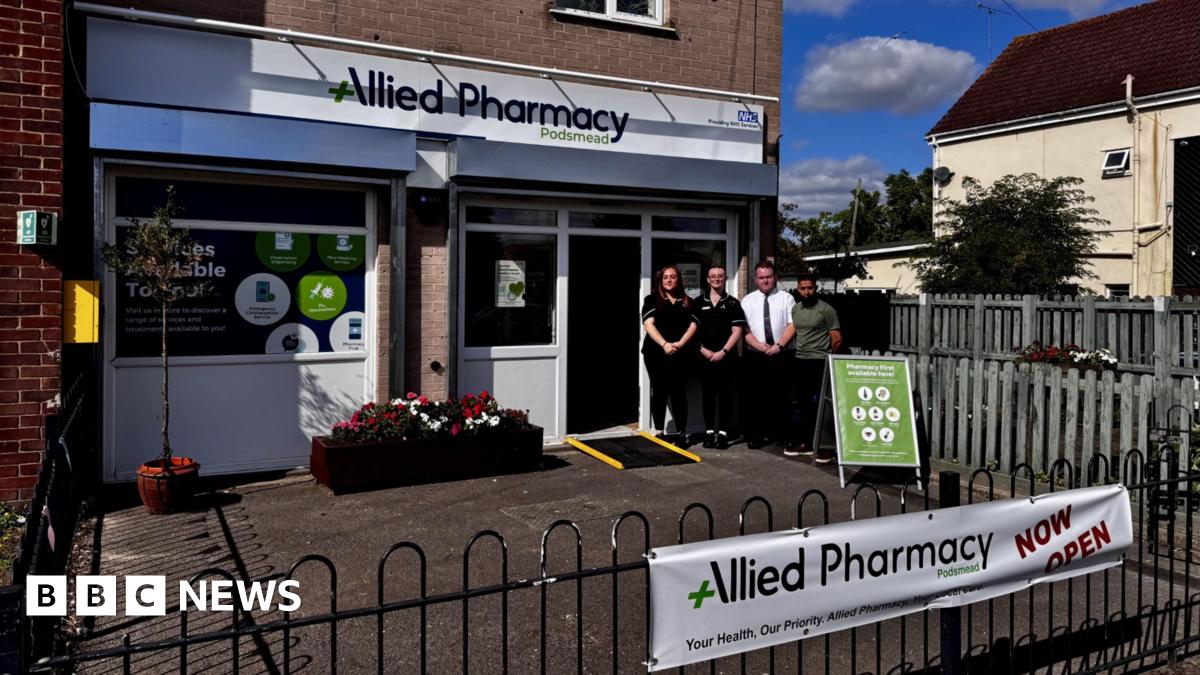CDC Shooting: A Disturbing Trend of Hostility Towards Healthcare Workers

Last week's shocking incident at the U.S. Centers for Disease Control and Prevention (CDC) headquarters, where a man allegedly fired a barrage of bullets, underscores a deeply concerning trend: escalating hostility and violence directed at healthcare workers. While the suspect reportedly harbored anger over COVID-19 vaccinations, this event is just the latest in a string of incidents reflecting the lingering tensions and distrust stemming from the pandemic.
The Incident: A Wake-Up Call
The shooter, identified by authorities, unleashed a hail of bullets at the CDC building in Atlanta. Thankfully, no one was injured, but the event sent shockwaves through the public health community and highlighted the vulnerability of vital institutions. The suspect's alleged motive – frustration and anger related to COVID-19 vaccinations – points to a broader issue of misinformation, distrust, and the weaponization of public health concerns.
A Pattern of Abuse and Threats
This is not an isolated incident. Healthcare workers across the nation have faced a surge in verbal abuse, threats, and even physical assaults since the onset of the COVID-19 pandemic. Emergency room staff, nurses, doctors, and pharmacists have all been targets of anger and aggression, often fueled by conspiracy theories, vaccine hesitancy, and frustration with public health measures.
Root Causes: Beyond COVID-19
While the pandemic undoubtedly exacerbated the problem, the root causes of this hostility are complex and multifaceted. Factors contributing to the rise in aggression include:
- Misinformation and Disinformation: The rapid spread of false or misleading information online has eroded trust in scientific institutions and public health experts.
- Political Polarization: Public health measures have become increasingly politicized, with some individuals viewing them as infringements on personal freedoms.
- Stress and Anxiety: The pandemic has been a source of immense stress and anxiety for many people, leading to heightened emotions and potentially aggressive behavior.
- Erosion of Respect for Authority: A broader societal trend of declining respect for authority figures may also be playing a role.
The Impact on Healthcare Workers
The constant threat of violence and abuse takes a significant toll on healthcare workers' mental and emotional well-being. Many are experiencing burnout, anxiety, and PTSD. This can lead to staff shortages, reduced quality of care, and a decline in the overall health of the healthcare system.
Moving Forward: Addressing the Crisis
Addressing this crisis requires a multi-pronged approach:
- Combating Misinformation: Public health agencies and social media platforms need to actively combat the spread of misinformation and promote accurate information.
- Promoting Empathy and Understanding: Efforts should be made to foster empathy and understanding between healthcare workers and the public.
- Strengthening Security Measures: Healthcare facilities should enhance security measures to protect staff and patients.
- Holding Perpetrators Accountable: Individuals who threaten or assault healthcare workers should be held accountable for their actions.
- Providing Support for Healthcare Workers: Mental health support and resources should be readily available to healthcare workers who are experiencing stress and trauma.
The CDC shooting serves as a stark reminder of the urgent need to address the growing hostility towards healthcare workers. Protecting these essential professionals is not only a matter of their safety but also crucial for the health and well-being of our communities. Failure to do so risks undermining the entire healthcare system and jeopardizing the ability to respond to future public health crises.






